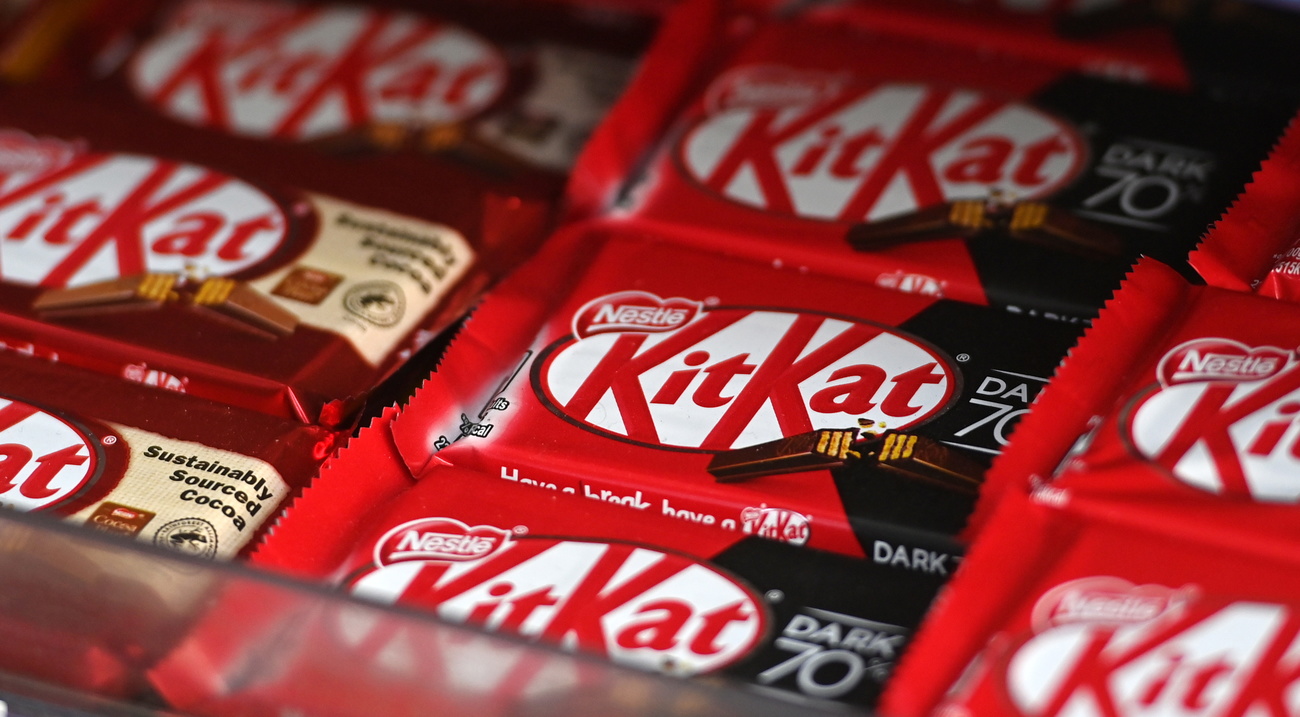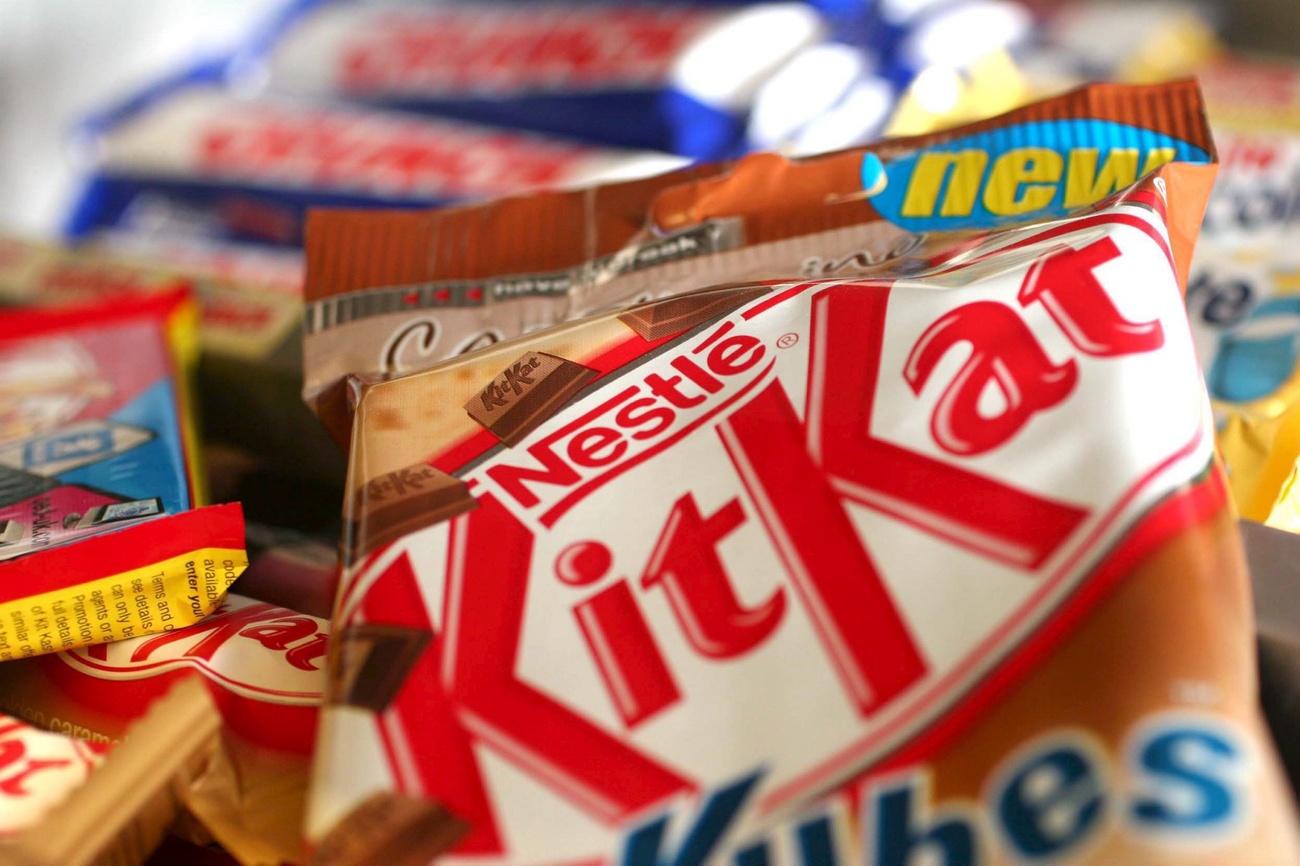Nestlé says less than half of its mainstream food and drinks are considered ‘healthy’

Nestlé has acknowledged that the nutritional value of less than half its portfolio of mainstream food and drinks can be considered “healthy” using a commonly accepted definition, despite pressure on packaged food makers to make their products more nutritious.
The annual report of the world’s largest food company showed 54% of its food and beverages by revenue — excluding products such as pet food, baby food, vitamins and specialised medical nutrition — were rated lower than 3.5 under the widely used health star rating (HSR) system.

Foods with a lower score are not considered to be “generally healthy”, according to the not-for-profit Access to Nutrition Initiative. HSR takes into account the level of saturated fats, sugar and salt within individual products, as well as “positive nutrients” such as fibre, fruit and vegetables.
Nestlé, whose products include Smarties chocolates, Nesquik milkshake and Nescafé coffee, released the figures following pressure from some shareholders and campaigners for the industry to be more transparent about the nutritional value of its products.
The Switzerland-based group said it was “setting a standard for transparency” and was the first in the sector “to report on the nutritional value of its entire global portfolio”.
Holly Gabriel, a campaigner at responsible investment charity ShareAction, welcomed the disclosure but said it “worryingly shows the company is still far too reliant on the sale of less healthy food and drink products”.
Packaged food groups are under scrutiny over the extent to which they are responsible for a global obesity problem. In an attempt to improve diets, some governments have introduced taxes on high-sugar products and implemented restrictions on advertising and sales promotions.
Nestlé chief executive Mark Schneider told analysts on an earnings call last month that the group had made “already a lot of progress” in reducing sodium, sugar and saturated fats.
The food maker said it had recently reduced sodium in products including Mahler Seafood Creamy Soup, introduced more zero-sugar variants of Coffee Mate and launched more plant-based foods, including Garden Gourmet Schnitzel.
But industry executives have argued there are limits to how much they can push healthier products, especially as inflation has squeezed consumer spending and pushed up the industry’s costs.
“It’s clear that while the work goes on, there are limits,” Schneider said. “Enjoyment-related categories [such as confectionery] will not be turned into health-related categories.”
In its annual report, Nestlé broke down its net sales into four categories: 17% came from products with an HSR score of less than 1.5, 18% from those scoring between 1.5 and 3.5, and 30% with a rating of at least 3.5. The remaining 35% came from pet care and other products for which HSR is not applicable.
The data was compiled by the company and audited by the third party Bureau Veritas. Nestlé disclosed the figures for the first time on Tuesday, although the Financial Times reported about two years ago on an internal company presentation that also showed a high proportion of its portfolio scored lower than 3.5 on the scale.
Mark Wijne, research director at the Access to Nutrition Initiative, also said the disclosure was “very welcome” but showed companies such as Nestlé could and should do more to innovate and promote healthier alternatives.
Nestlé added it had “come a long way and now want to go further. We have committed to setting a global target for the healthier part of our portfolio later this year.”
HSR was originally developed by authorities in Australia and is now also used by investors and policymakers globally.
Copyright The Financial Times Limited 2023

In compliance with the JTI standards
More: SWI swissinfo.ch certified by the Journalism Trust Initiative












You can find an overview of ongoing debates with our journalists here . Please join us!
If you want to start a conversation about a topic raised in this article or want to report factual errors, email us at english@swissinfo.ch.